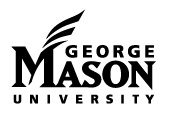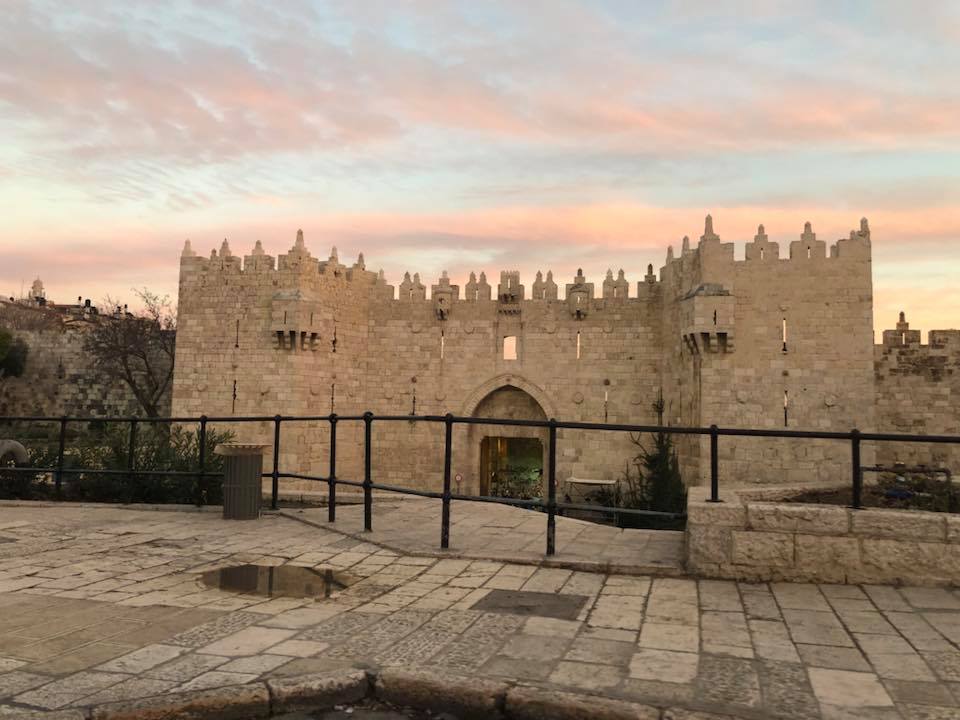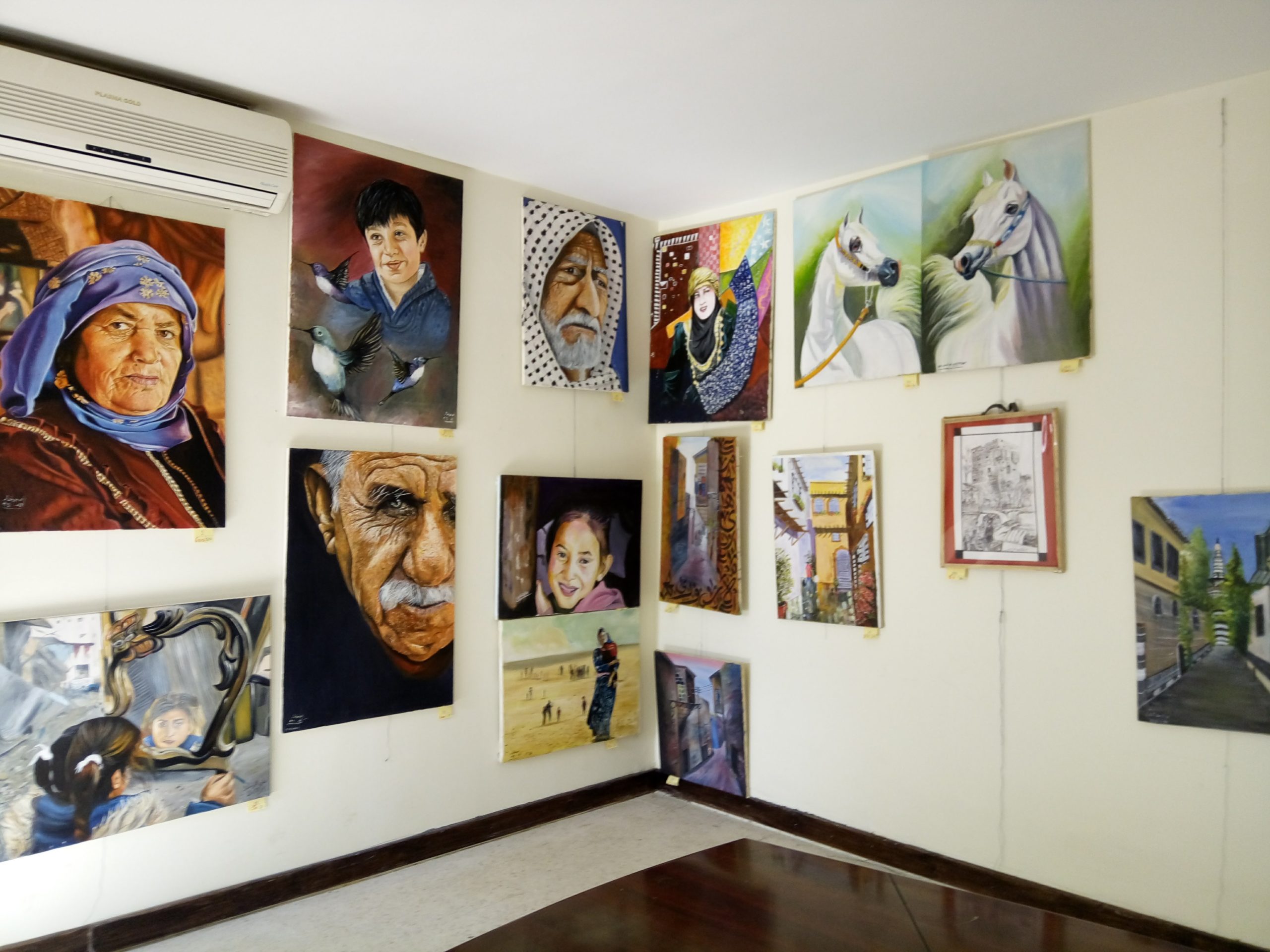Bosnia and Herzegovina 2018
CONF 695/385/397 3 Credits $3,890
May 26 – June 3, 2018

SPACE LIMITED – APPLY NOW by March 25, 2018
All applications for overseas seminars are now completed online at studyabroad.gmu.edu.
APPLY NOW!!!
The most essential parts of your application on the study abroad website are the resume, letter of interest, and contact information for two references — all of which must be submitted as a single PDF, with your full name on each page of the application. Your application is incomplete and will not be considered for the program if you do not submit this PDF on the MasonAbroad portal.
Click here to read a blog post from a CRDC student who traveled to Bosnia in 2017.
In the 1990s, Bosnia was the focal point of the most tragic war that Europe and the Balkans had seen since World War II. It was also the scene of major war crimes, ethnic cleansing, and acts of genocide that transfixed Europe and the world. At the same time, nothing is what it seems in racial and ethnic wars. Bosnia was also the scene of heroic gestures across enemy lines between peacebuilding Catholics, Protestants, Orthodox Christians, Muslims, and Jews. Countless lives were saved by individual heroes, and communities of care were established. This is a story of conflict management, peacebuilding, and reconciliation between extraordinarily heroic people. This combines with a tale of horror, and a stubborn persistence of managed ceasefire that has not led to positive change and reconciliation. In this course, students will study the tragedy of inter-ethnic and inter-religious war, the heroic efforts to do just the opposite, and the implications for global war and global peace. With Professor Marc Gopin students will travel to Sarajevo, Mostar, and Banja Luka, where they will be guided by major heroes of Bosnian inter-religious peacebuilding, meet extraordinary organizations, and interact with average people creatively engaged in positive change.
Course Topics
- Post-conflict reconstruction
- Conflict management in the midst of war
- Post-war reconciliation work
- Interfaith peacebuilding during and after war
- Justice and peace
- Trauma and healing
- Education for sustainable peace
During our stay in Bosnia and Herzegovina, we will engage in conversations with organizations, institutions, and individuals, such as the following:
- Father Ivo Markovic, recipient of the Tanenbaum Peacemakers in Action award and founder of the interfaith Pontanima Choir
- Tunel Spasa (Tunnel of Hope)
- Most Mira Project
- Jakob Finci, President of the Jewish Community of Bosnia and Herzegovina
- United Nations Development Programme
- Institute for Islamic Bosnian Tradition
- Key scholars and practitioners working on interfaith peacebuilding in the Balkans
Course structure: The course will take place during the summer of 2018. Students will spend 8 days in Bosnia and Herzegovina in addition to preparatory and follow-up meetings in the U.S. Each day will be structured as three hours of class time, with the rest of the day and evening spent in field experience and discussions with scholars and practitioners. We will be studying as well as traveling in Bosnia and Herzegovina.
Eligibility: This course is open to all Mason and non-Mason bachelors, masters, and Ph.D. students as a 3-credit course, and to non-students as a professional development seminar.
Program Fee: The course fee of $3,890 covers 3 credits, shared hotel rooms for 8 nights, 2 meals per day, in-country ground transportation, cultural excursions, entrance fees, and course trainers’ and speakers’ costs. It does not include airfare.
INSTRUCTOR
Dr. Marc Gopin is the James H. Laue Professor of Religion, Diplomacy and Conflict Resolution, and the Director of the Center on Religion, Diplomacy and Conflict Resolution at George Mason University’s School for Conflict Analysis and Resolution.
Gopin has lectured on conflict resolution in Switzerland, Ireland, India, Italy, and Israel, as well as at Harvard, Yale, Columbia, Princeton, and numerous other academic institutions. Gopin has trained thousands of people worldwide in peacemaking strategies for complex conflicts in which religion and culture play a role. He has engaged in back channel diplomacy with religious, political and military figures on both sides of conflicts, especially in the Arab/Israeli conflict. He has appeared on numerous media outlets, including CNN, CNN International, Court TV, The Jim Lehrer News Hour, Israel Radio, National Public Radio, The Connection, Voice of America, and the national public radios of Sweden, Ireland, and Northern Ireland.
Gopin’s research is found in numerous book chapters and journal articles, and he is the author of Between Eden and Armageddon: The Future of World Religions, Violence and Peacemaking (Oxford University Press, 2000); Holy War, Holy Peace: How Religion Can Bring Peace to the Middle East (Oxford University Press, 2002), a study on what was missing from the Oslo Process, and what will be necessary culturally for a successful Arab/Israeli peace process; Healing the Heart of Conflict (Rodale Press, 2004); and To Make the Earth Whole: The Art of Citizen Diplomacy in an Age of Religious Militancy (Rowman & Littlefield, 2009).





